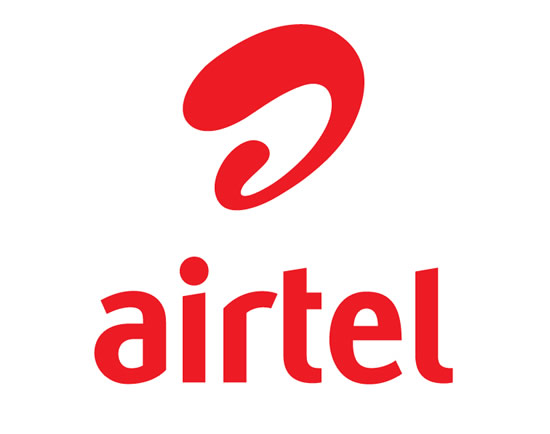Airtel Nigeria raises infrastructure spending to $39m
Airtel Africa Plc has increased its capital expenditure in Nigeria to $39 million in the second quarter of 2025, reflecting a 1.7 per cent rise from the $38 million invested during the same period in 2024. This development, disclosed in the company’s latest financial statement obtained by Sunday PUNCH, underscores Airtel’s commitment to expanding infrastructure in its largest and most strategic market.
Despite a general slowdown in group-level capital spending this quarter, Airtel’s marginal increase in Nigeria highlights its prioritisation of the country amid growing consumer expectations for improved service quality. The increase in investment comes on the heels of a 50 per cent tariff hike recently approved by the Nigerian Communications Commission (NCC), a move expected to drive infrastructure upgrades across the telecom sector. Industry stakeholders had earlier pointed to a $1 billion delivery of telecom equipment as a sign that operators are responding with real action.
“In Nigeria, capital expenditure for the quarter ended June 30, 2025, was $39 million, compared to $38 million in the same period last year,” the company noted. Airtel Nigeria, the nation’s second-largest mobile operator, currently boasts a subscriber base of 53.6 million.
While Nigeria recorded a slight uptick, Airtel’s group-wide capital expenditure stood at $121 million for the three-month period, marking a decline from the previous year. The company attributed this to timing differences in project implementation. Nevertheless, Airtel has maintained its full-year Capex guidance between $725 million and $750 million, indicating that increased spending is expected in the remaining quarters of the year.
Capital expenditure (Capex) typically encompasses investments in infrastructure such as telecom towers, fibre optic networks, and IT systems. In Nigeria, the $39 million is expected to have supported the expansion and modernisation of Airtel’s mobile and broadband infrastructure, especially in under-served urban and rural locations.
“With a strong balance sheet and sustained network investment, I remain confident about our ability to capture the available growth potential across our markets and remain committed to efficiently and effectively delivering services that help to improve the lives, communities, and economies we serve,” said Sunil Taldar, Chief Executive Officer of Airtel Africa.
The telecom operator, which runs operations in 14 African countries, continues to spotlight Nigeria as the main driver of its business growth, citing robust data consumption and heightened customer demand. The firm also noted that Francophone Africa showed strong performance during the quarter, contributing positively to revenue acceleration, driven by an enhanced customer experience.
In addition to infrastructure investments, Airtel Africa is progressing with its debt management strategy. The company made significant strides in reducing its exposure to foreign exchange volatility, a major concern across various African economies.
Currently, nearly 95 per cent of Airtel’s operating company debt—excluding lease liabilities—is denominated in local currencies, a marked improvement from 86 per cent a year ago. This is part of a broader debt localisation strategy aimed at cushioning the impact of exchange rate fluctuations, particularly in volatile economies like Nigeria.














Post Comment